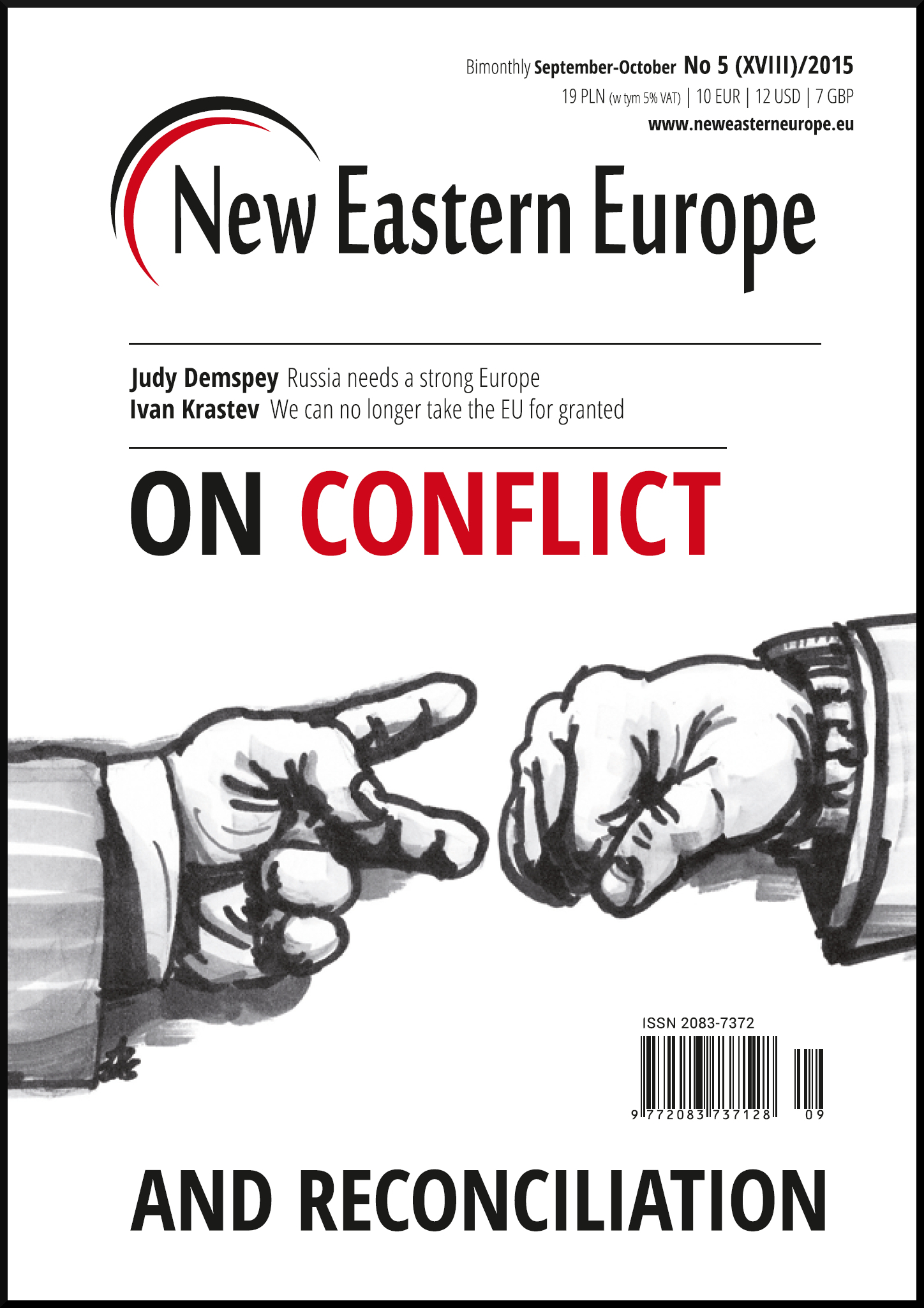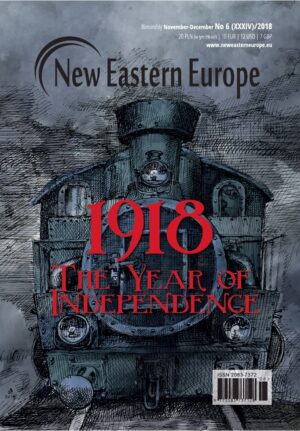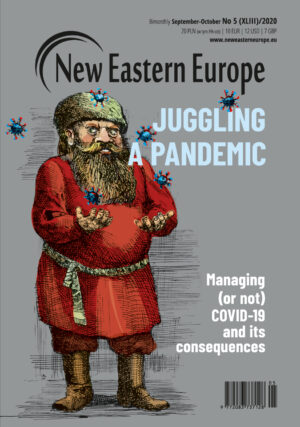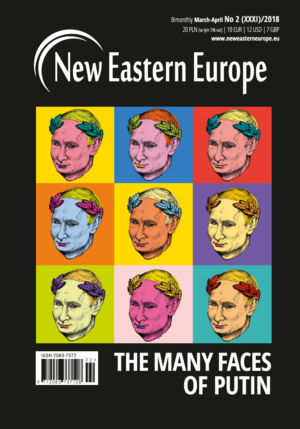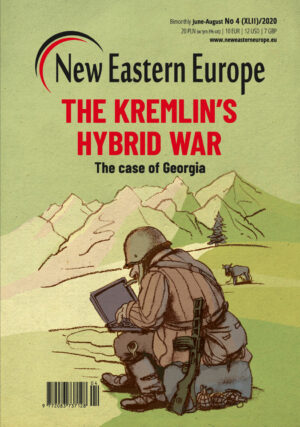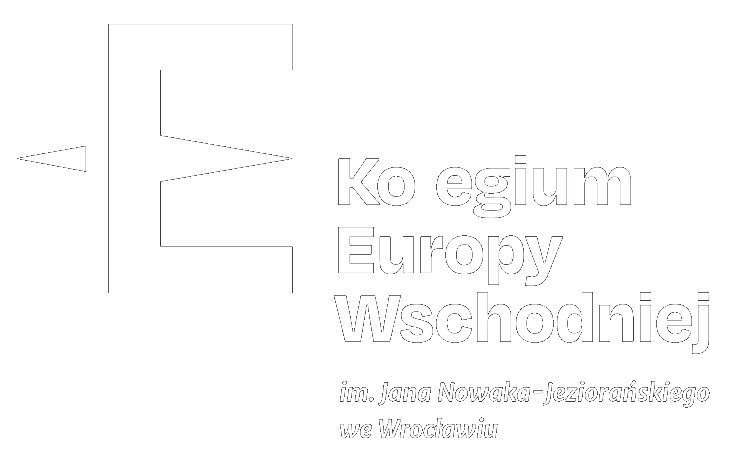Opis
The Sept-Oct issue of New Eastern Europe is dedicated to examining two key concepts which are not new to Europe but are also extremely relevant today: Conflict and Reconciliation.
On Conflict
Judy Dempsey, senior fellow at Carnegie Europe, examines Europe’s Russia policy.
The issue also has a special section titled “How Global is the Ukraine Conflict?” where seven experts on foreign and security policy from around the world provide their opinion to this question.
On Reconciliation
We present an essay by a Russian activist (Oleg Kozlovsky) and an interview with a Ukrainian spiritual leader (Mykhailo Cherenkov) on whether it is too early to start talking about reconciliation between these two countries and what would reconciliation even look like.
Stefan Auer examines the history of Europe’s complicated relationship with reconciliation and puts it into today’s context with the war in Ukraine.
On the 50th anniversary of the 1965 pastoral letters from Polish Bishops to their German peers,Paweł Kowal discusses how the letters became a model and a point of reference in the reconciliation process between Poland and Germany.
And Ketevan Tsikhelashvili argues that Georgia’s European integration should be seen as a part of the process towards a peaceful resolution to the conflicts within Georgia’s borders.
Also in the issue:
Ivan Krastev writes that Europe now faces a serious challenge of disintegration and provides his insight on how to avoid this disintegration.
In a sober essay, Russian author Lyudmila Ulitskaya says farewell to Europe as she believes her country is now on a course that will be nearly impossible to reverse.
Polish expert Adam Balcer explains how the recent Riga Summit could signal the beginning of the end of the Eastern Partnership.
While Przemysław Roguski, an expert in international law, outlines the legal arguments that provide an unequivocal answer to the question on the current status of Crimea – which clearly state that Crimea is a part of Ukraine.
The issue also includes: A special section titled “Tadeusz Kantor. Inspiration and legacy”dedicated to showcasing the life and inspiration of one of Poland’s most renowned avant-garde Polish theatre directors.



